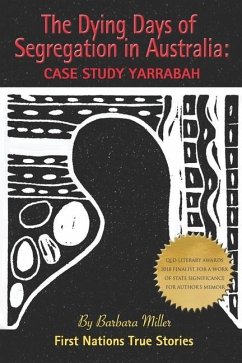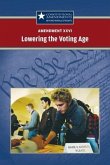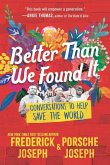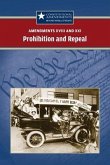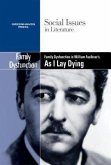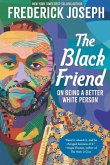Did the deep north of Australia experience racism, discrimination and segregation? Yes. But it was different from the deep south of the USA. A system similar to South African apartheid existed on Aboriginal reserves like Yarrabah in Queensland till as recently as 1984. This book is unique in that Australian Aborigines themselves tell their story of living under legal discrimination on reserves and discusses their aspirations for self-determination, local government, human rights and land rights with a view to end racism. Human rights abuses of the law they lived under are discussed in detail as well as government policy that promoted racial discrimination. Race relations Aussie style is examined. The book is a political history of race relations from contact till now between white and black Australia and puts Yarrabah in a national context of the treatment of Australian Aborigines. Despite past racism and racial discrimination and some lingering examples of this in government policy and society's attitudes, Yarrabah today is a thriving community run by an Aboriginal Council. It still has some of the hallmarks of a disadvantaged population like lack of housing and health issues. Yarrabah is no longer a reserve in northern Australia. It is still a discrete community but its residents do not experience segregation and can come and go freely and have the same human rights as other Australians. This is not to say that institutional racism has gone from Australian culture. For those interested in politics and government and public affairs policy in relation to ethnic studies or minority studies, this is the book to read. History buffs and legal eagles will find it fascinating. The author has a long term and close association with Yarrabah and Australian Aborigines in general. Editorial Reviews This is an excellent coverage of the milestones in the contemporary historical coverage of our Indigenous Queenslander's struggle for Land Rights and freedom from the autocratic control of Government. It is works such as this that clearly identify the oppressive control and heinous actions of the Department of Aboriginal and Islander Advancement. The hypocrisy of including 'Advancement' in their name, when they did the exact opposite, only underlines the Machiavellian treatment of Queensland's First Nation people. Miller has clearly and effectively covered the momentous changes that have been wrought. Only someone who has lived and worked with these trials and tribulations could explain the events so well. This is undoubtedly a valuable contribution to understanding the hard-fought steps that our Indigenous people have had to overcome, and it's not over-but now there is room for hope! Dr Timothy Bottoms, historian, author of Conspiracy of Silence and a History of Cairns, City of the South Pacific 1770-1995 It is entirely appropriate that Barbara Miller is the one to write an update on Yarrabah's efforts at self-determination and land rights, as she does not just stand on the sideline and cheer us on. She often jumps into the fray herself. No doubt many people who were or still are involved in some degree in the push for Aboriginal social justice and human rights and all that that encompasses, plus interested persons, will be attracted to Barbara Miller's latest case study. This book gives a succinct report of how things have turned out in the last thirty years. She has ably teased out the many strands of human rights issues that reveal the many flash points that happened as Aboriginal people and friends contended with, and still contend with the 'hydra-like monster'. Her reporting skills and love for Aboriginal people are recognised by friend and foe alike, with her work being quoted by such bodies as the Human Rights Commission. Rev Michael Connolly, Former Chairman of Yarrabah
Bitte wählen Sie Ihr Anliegen aus.
Rechnungen
Retourenschein anfordern
Bestellstatus
Storno

